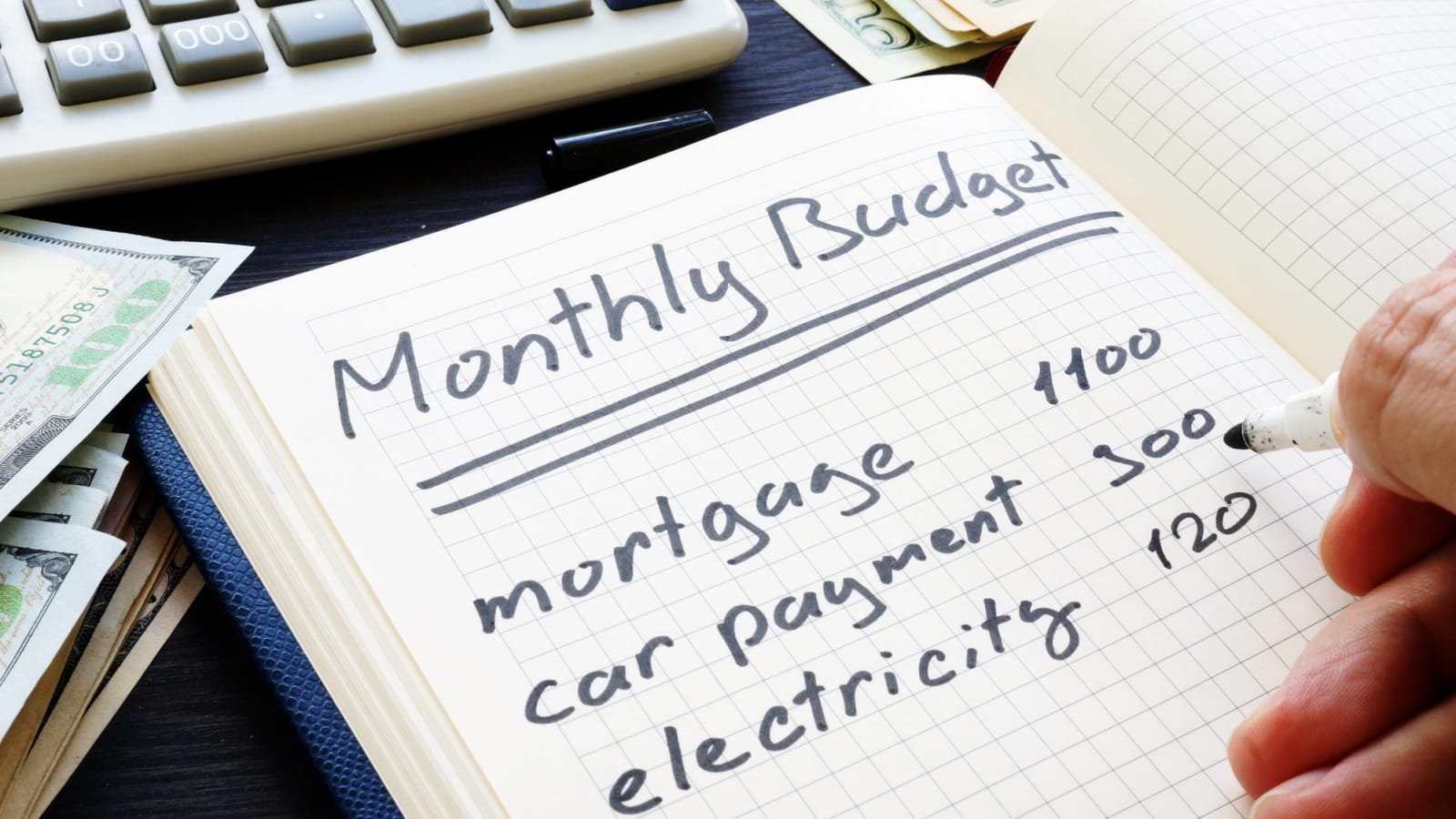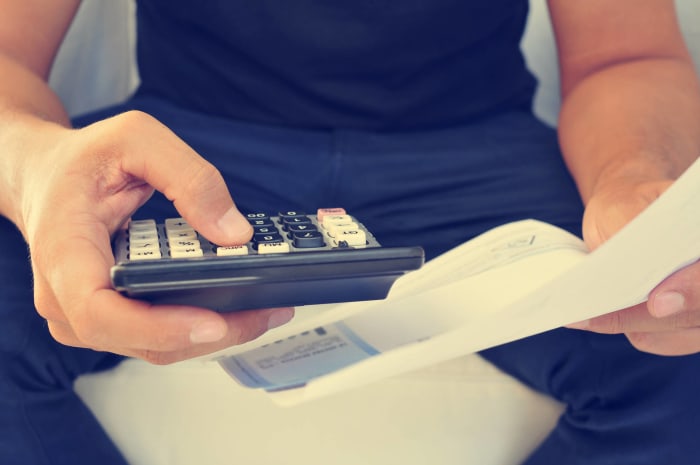x

Shutterstock
18 tips for creating a budget in the new year
Even if you love math, figuring out your budget can be a serious hassle. It's hard to keep up with all the expenses that you've got going out each month, and that's especially true in this world of digital transactions and tap-to-pay.
If you're looking to build a budget in 2022 — and actually stick to it — flip through the gallery below for 18 essential tips that will help you get started, from ideas on how to save to the best budgeting apps for paying down debt and building a nest egg.
More must-reads:
- Mets' slump has reached desperate point
- Who will win the NL Central, MLB's most competitive division?
- The 'NFL head coaches' quiz
Breaking News
Trending News
Customize Your Newsletter
 +
+
Get the latest news and rumors, customized to your favorite sports and teams. Emailed daily. Always free!


























